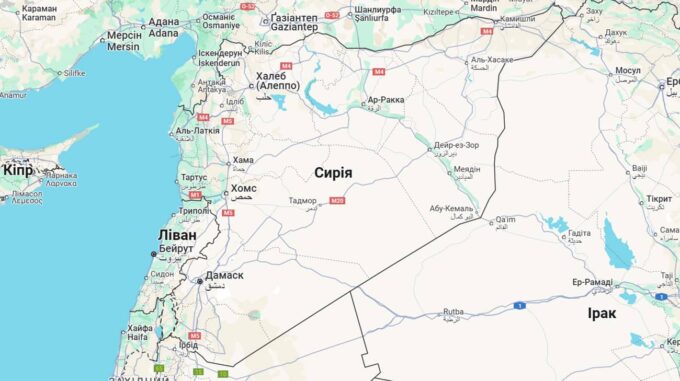According to Bloomberg, Saudi Arabia and Qatar have committed to repaying part of Syria’s debts to the World Bank as part of efforts to promote the rebuilding of the Syrian economy after the prolonged civil war

This decision represents a significant step amidst tense international relations and restrictions imposed by the United States. The source reports that the Gulf Cooperation Council countries agreed to settle approximately 15 million dollars of the Syrian regime's debt. This move was discussed during the spring meetings of the World Bank and the International Monetary Fund held in 2025 and is intended to become part of a more ambitious assistance program for President Ahmed Al-Sharaa in the country's reconstruction. It is important to emphasize that this initiative is part of a complex diplomatic process. Since the United States continues to maintain restrictive sanctions against the Syrian government—especially in relation to the regime of former President Bashar al-Assad—Syria has yet to access full international financial support. This complicates essential steps toward rebuilding the country, which has been left devastated by the war and faces enormous challenges. The war in Syria has led to catastrophic consequences: over 600,000 fatalities, millions forced to leave their homes, and the country’s economy having contracted nearly by half compared to 2010 levels. The estimated cost for infrastructure, industrial, and housing recovery now exceeds 400 billion dollars—one of the highest figures in global post-conflict reconstruction history. Recently, informal meetings took place in Damascus between US representatives and Syrian officials. According to Bloomberg, among the attendees was American politician Corey Mills, who was in Syria’s capital during an unofficial trip alongside Marlin Stutzman. The initiative was organized by Syrian-American activists aiming to establish dialogue. Mills stated that during the negotiations, consideration was given to the possibility of partial sanctions relief, which could help reduce isolation and accelerate economic rebuilding. Additionally, American policymakers promised to deliver a corresponding letter to President Sharaa from Donald Trump. Such steps have sparked numerous speculations about potential changes in diplomatic relations between the US and Syria. It is also worth noting that in January, the European Union took a step toward easing sanctions by agreeing to lift restrictions on several key sectors of the Syrian economy. This opens additional opportunities for reconstruction and attracting foreign investments. According to the International Organization for Migration, after the fall of Bashar al-Assad’s regime, approximately 1.2 million Syrians returned to their homes in 2025, with over 20% of these having come back from neighboring Turkey. This return process is a vital element of stabilization and restoring peaceful life in the country; however, full recovery is still ahead. Therefore, the recent decision by Saudi Arabia and Qatar to settle Syria’s debts with the World Bank signals an important message to the international community: despite restrictions and sanctions pressures, Gulf countries seek to play an active role in the country’s reconstruction. However, amid complex international politics and sanctions barriers, the path toward stabilization and development remains long, with many contentious issues surrounding diplomatic opening and further steps needed to attract broad international support for Syria.

